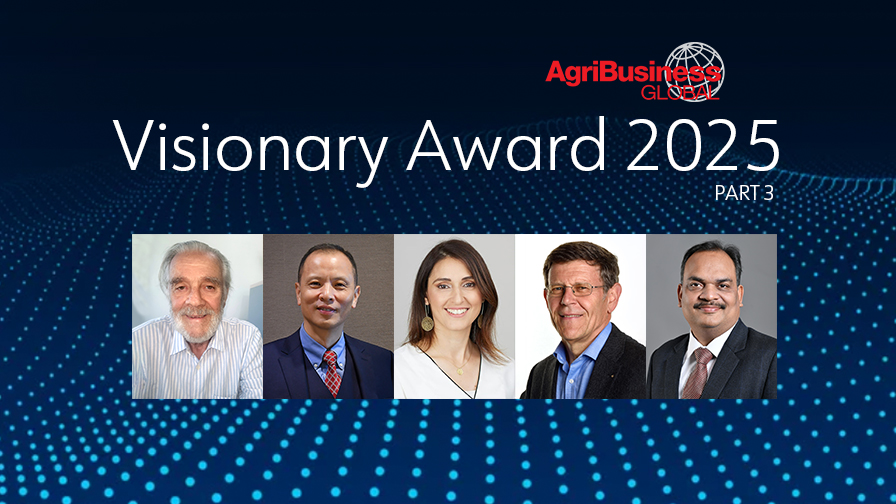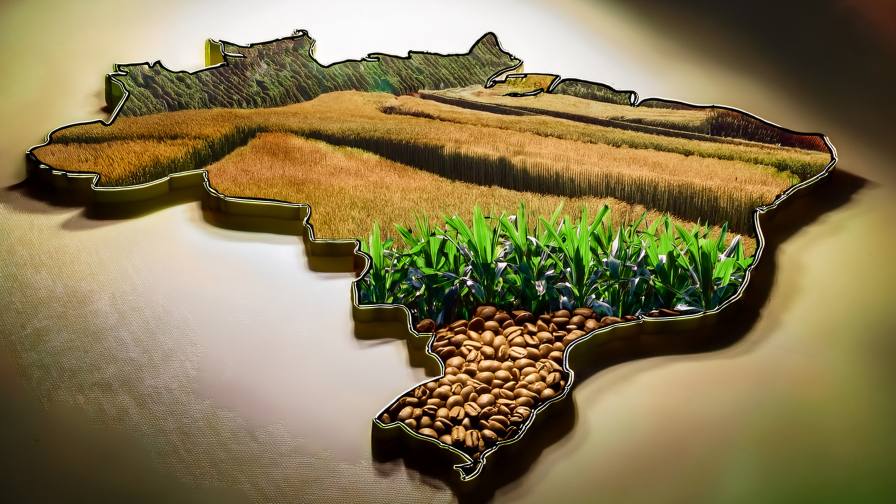CropLife International Responds To Report
CropLife Internacional continues its refusal to endorse the International Assessment of Agricultural Science and Technology for Development (IAASTD) report due to “its failure to recognize the role modern plant sciences, including plant biotechnology and crop protection, can play in increasing agricultural crop productivity,” the association said in a release.
The report, a three-year project meant to evaluate the effectiveness of different technologies to reduce world hunger and improve nutrition, did not include a sufficient review of agricultural technologies, CropLife International said. “Our industry remains committed to the original goals of the IAASTD project — to help alleviate hunger and poverty,” said Howard Minigh, president and CEO of CropLife International. “When the IAASTD project was launched, we contributed funding and hoped that the report would provide a comprehensive and balanced review of all available agricultural technologies, including crop protection and plant biotechnology along with recognizing the need for improving infrastructure and government policies to encourage agricultural productivity in developing countries. said Howard Minigh, president and CEO of CropLife International.
Other organizations including the Consultative Group on International Agricultural Research (CGIAR) and the Public Research and Regulation Initiative (PRRI) have independently reached similar conclusions and expressed dissatisfaction with the report.
O Banco Mundial estimates that 33 countries around the world face potential social unrest because of the acute increase in food and energy prices.
The CropLife International release also stated that both the President of the World Bank and the Director General of the United Nations Food and Agriculture Organization (UN-FAO) have recognized the need for a “Green Revolution” for Africa, which includes access to science and technology.






